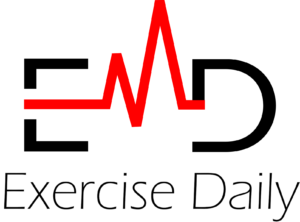Table of Contents
Exercise Daily – Menopause is a time of great change for many women. Suddenly, hormones that have been raging through their bodies for years suddenly drop off, and all of a sudden, women are dealing with all sorts of new symptoms. For some, this can mean mood swings, weight gain, and more. If you’re experiencing any of these symptoms, don’t worry; plenty of natural remedies are available to help you cope. In the exercise daily blog, we’ll explore five effective menopause headaches natural remedies.
5 Effective Menopause Headaches Natural Remedies
Menopause is a time of change for many women. It can be a time of physical and emotional challenges, but it can also be a time of great happiness and satisfaction. However, for some women, the transition to menopause can also lead to headaches. Many factors can contribute to headaches during menopause, including hormonal changes, stress, lack of sleep, and changes in body composition. While there is no one answer for resolving all menopausal headaches, there are several natural remedies that can be very effective in relieving them.
One effective approach is to try a combination of different menopause headaches natural remedies. For example, take ibuprofen or aspirin alongside a hot drink or ice pack to reduce inflammation and swelling. These types of remedies will also help relieve pain and improve circulation. If medications are not providing relief, it may be helpful to see your doctor for further diagnosis and treatment options. In some cases, lifestyle modifications such as reducing stress levels or getting more exercise may also be helpful in relieving headaches during menopause.
1 Essential oils
Essential oils are becoming increasingly popular as a natural remedy for many different ailments and pain. They are thought to have antibacterial, antiviral, and anti-inflammatory properties which make them an ideal treatment for menopause-related headaches.
The first step in treating a headache is figuring out what is causing it. If the headache is caused by stress or neck tension, try using relaxation techniques like meditation or aromatherapy. If the headache is due to a sinus infection. Take over-the-counter antibiotics to clear up the infection. If the headache is caused by dehydration or caffeine withdrawal, drink plenty of fluids and avoid caffeine until symptoms subside.
If medication is required, there are several options available. Acetaminophen (Tylenol) can relieve moderate headaches and ibuprofen (Advil) can relief mild to moderate headaches. For more severe headaches, prescription medications like triptans (Amitriptyline, Imitrex) or ergotamines (Ergometrine) may be necessary. It is important to discuss any medications with your doctor before starting them so that you know how they will affect you and whether there are any possible side effects.
Finally, if all of these treatments fail, see a neurologist for further evaluation and treatment. There may be additional tests that need to be done in order to confirm the diagnosis and determine which specific treatment will be most effective for you.
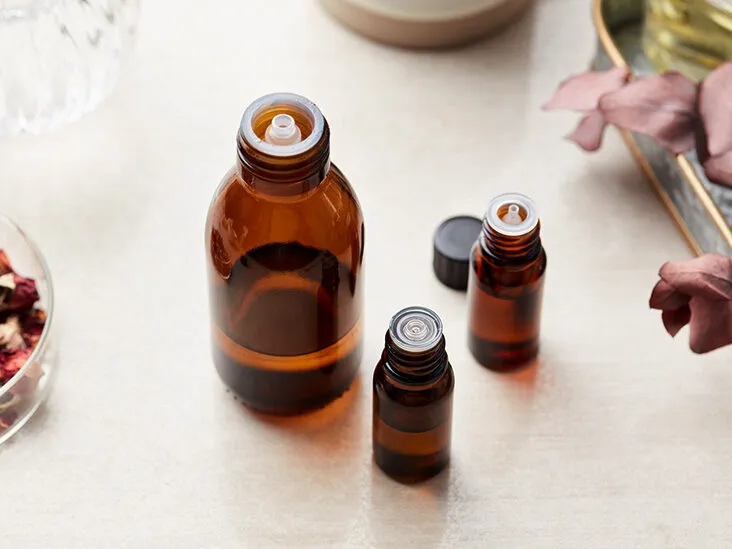
2 Massage
Massage is a great way to relieve headaches in women during the menopause. Many massages use pressure points on the scalp that are known to reduce pain and inflammation. Try these effective tips for relieving headaches during the menopause:
- Heat up some water and apply it to your temples with a cloth or heat pad.
- Take ibuprofen if you’re in severe pain.
- Try a Thai massage, which uses deep pressure and stretching.
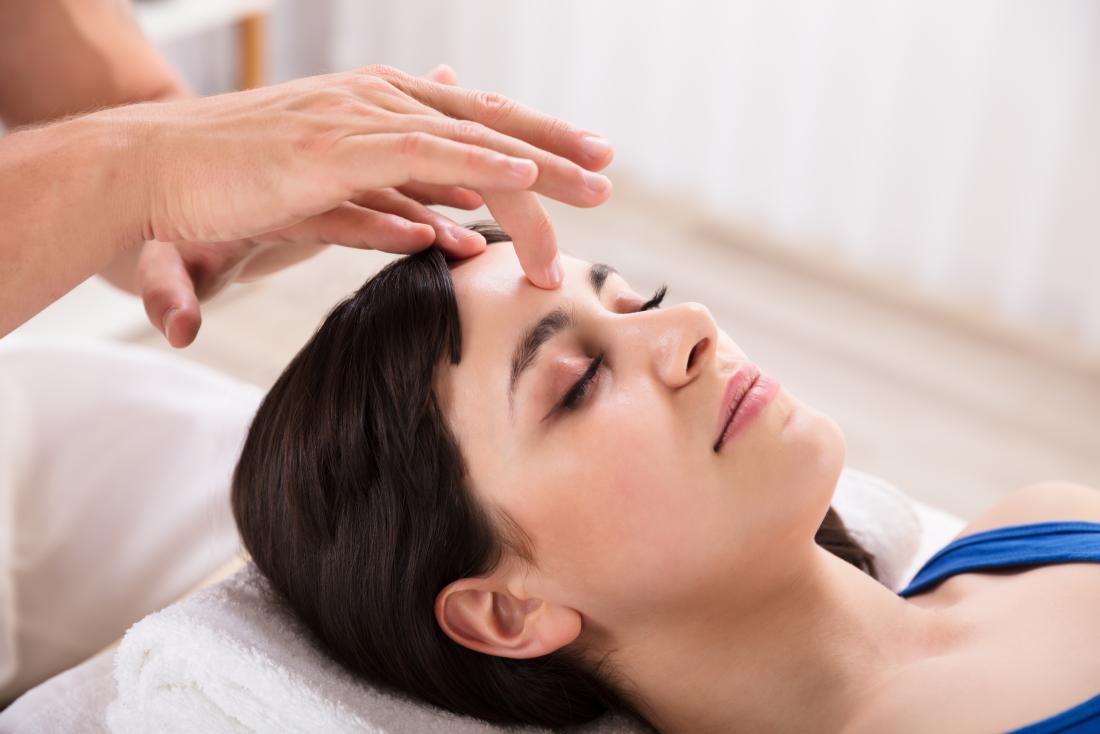
3 Riboflavin (B2)
Riboflavin (B2) is a water-soluble vitamin and is found in dairy products, leafy green vegetables, and legumes. It supports nerve function and can help to reduce anxiety and stress. Riboflavin also helps to keep your skin healthy by helping to form red blood cells and fight off infection.
If you are experiencing menopause-related headaches, adding foods rich in riboflavin to your diet may help ease the pain. A 2010 study published in the “Journal of Headache Disorders” found that women who were supplemented with riboflavin experienced a significant reduction in headache days compared to those who did not supplement. Foods high in riboflavin include eggs, milk, cheese, yogurt, cereals, and legumes.

4 Hydration
One of the most common complaints of women during their menopause is headaches. This can be largely due to changes in hormone levels, which can cause a shift in blood flow and pressure within the skull.
Here are some effective remedies for headaches during menopause:
I. Drink plenty of water
A good way to help improve headaches during menopause is to drink plenty of fluids. Not only will this help flush out any toxins that may be causing pain, but it also helps keep your body hydrated. In addition, staying hydrated can also reduce fatigue and inflammation, both of which can contribute to headaches. Aim for at least eight glasses of water per day, and consider adding electrolytes like magnesium or potassium if you’re feeling especially headache-prone.
II. Consume foods that are rich in antioxidants
Another important remedy for reducing headaches during menopause is to consume foods that are high in antioxidants. Antioxidants fight off free radicals, which are harmful molecules that can cause inflammation and pain.* Some great sources of antioxidants include fruits and vegetables, whole grains, nuts, and seeds. Make sure to eat them regularly throughout the day to get the most benefit!
III. Take ibuprofen or other over-the-counter medications
If over-the-counter medications don’t work well enough to relieve your headache symptoms, consider taking ibuprofen or other similar pills. These medications are often helpful in reducing pain and inflammation, and they’re generally safe to take during the early stages of menopause. Just be sure to talk to your doctor first if you’re taking ibuprofen regularly or if you have any other medical conditions.
IV. Use a humidifier
Another effective remedy for reducing headaches during menopause is to use a humidifier. Humidifiers help increase moisture levels in the air, which can help relieve symptoms like headache, fatigue, and dry mouth. Add one to your home or office to help relieve your symptoms quickly!
V. Get enough sleep
One of the best remedies for reducing headaches during menopause is to get enough sleep. When you don’t get enough sleep, your body is more likely to produce chemicals that can cause pain and inflammation. Make sure to get at least seven hours of sleep every night to reduce your risk of headaches!
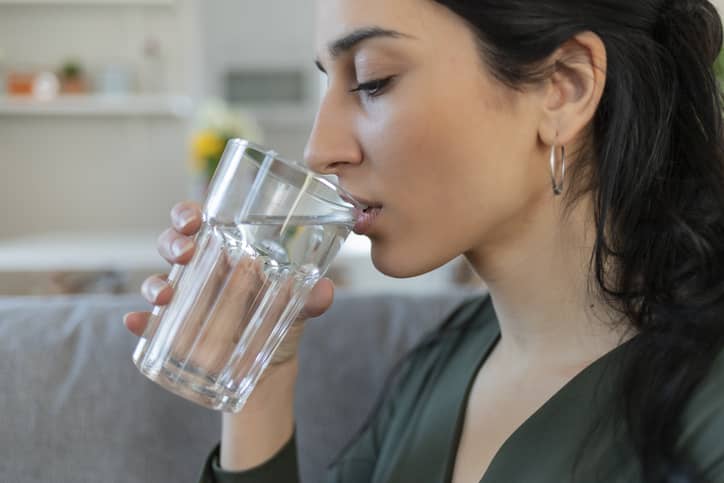
5 Bromelain
Bromelain is a protein found in pineapple. It has been traditionally used as a natural remedy for headaches. Bromelain can help to relieve pain and inflammation in the brain, neck, and head. Bromelain also acts as an anti-inflammatory agent.
To use bromelain for headaches, take 100 to 200mg orally twice a day. For severe headaches, take up to 600mg orally twice a day. Bromelain should not be taken if you are pregnant or breastfeeding.
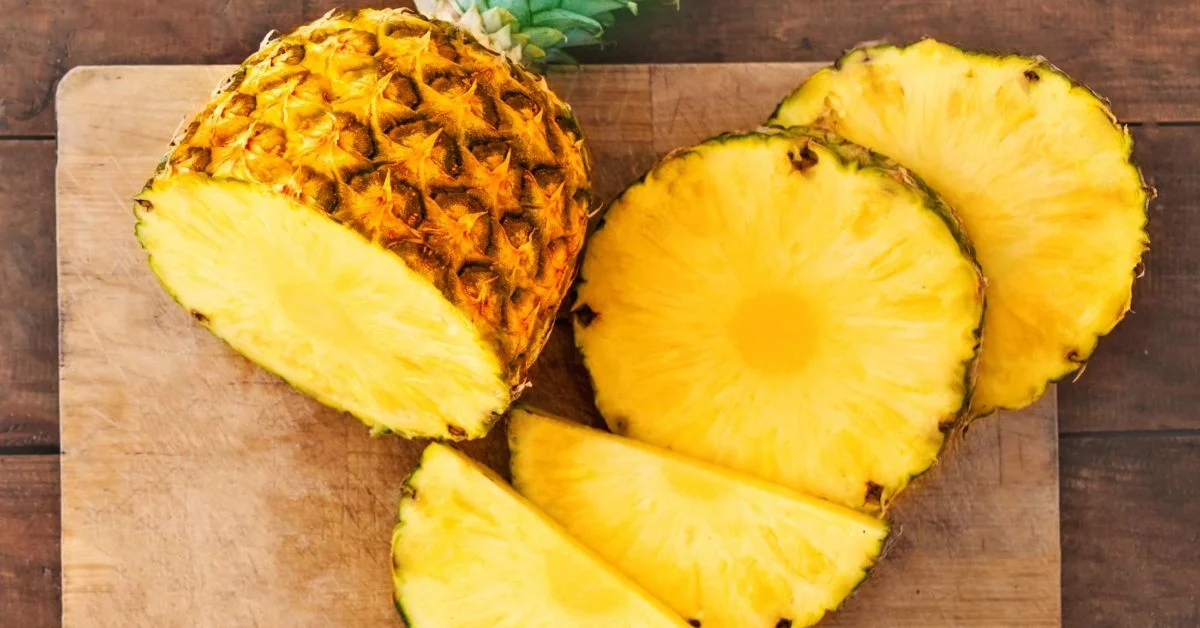
What are the different types of headaches women experience during menopause?
There are different types of headaches that women experience during menopause, including the following:
1. Psychosomatic headaches are caused by emotional factors, such as stress or anxiety.
2. Headache due to dehydration is a common symptom of menopause.
3. Migraine headaches are more common in women than in men. However, they can also occur in nonsmoking women of any age. Migraine headaches are characterized by an intense headache that usually occurs on one side of the head and is accompanied by nausea and vomiting.
4. Cluster headaches affect less than 5% of the population but account for 50-70% of all chronic headache cases in women. Cluster headaches occur in clusters (days, weeks, or months), typically lasting 4-72 hours each time, and may cause severe visual disturbances and impaired mental function. There is no known cure for cluster headaches, although there are treatments available that can lessen their impact.
How can you treat your headaches naturally?
Natural treatments for headaches during menopause may include lifestyle changes, supplements, and medications. Some lifestyle changes that can help reduce headaches include eating a balanced diet, getting enough sleep, avoiding alcohol and caffeine, and exercising regularly.
Supplements that may be helpful for treating headaches during menopause include omega-3 fatty acids, magnesium, vitamins B6 and B12, probiotics, and herbal remedies. Medications that can be used to treat headaches during menopause include over-the-counter pain relievers such as ibuprofen or acetaminophen, as well as prescription medications such as ibuprofen or naproxen.
What to do if your headaches don’t get better with over-the-counter medications?
If over-the-counter medications don’t work to relieve your headaches, consider trying a headache relief supplement. Many migraine sufferers find that over-the-counter medications only provide partial relief, and they need more than just one medication to get relief. Some headache relief supplements include ginger, capsaicin (found in hot peppers), ginkgo biloba, feverfew, and caffeine. It is important to speak with your doctor before starting any new headache remedy, as some can be risky if you have an underlying health condition.
Should you see a doctor about your headaches?
If you are suffering from chronic headaches, it may be time to see a doctor. There are many effective treatments for headaches, and your doctor will be able to help you choose the most appropriate one for your needs. While some people can successfully treat their headaches with over-the-counter medications, others require medical treatment. In general, there are three types of headache treatments: medication, surgery, or therapy. Here are some tips on how to best treat your headaches:
1. Start by taking a look at your symptoms and history to determine if you have any specific triggers for your headaches. This will help you identify which type of headache is causing your pain.
2. If you are using over-the-counter medications to treat your headaches, make sure to follow the instructions carefully. Sometimes mixing different dosages of medications can provide better relief than taking just one medication alone.
3. If over-the-counter medications aren’t providing relief, consider trying another type of headache treatment, such as anticonvulsants or migraine tablets. Always consult with a doctor before starting any new medication, as some can be dangerous if used incorrectly.
4. If medication isn’t working or if it’s causing side effects like drowsiness or weight gain, it may be time to consider surgery as a treatment option. Headache surgeries range in complexity and can involve various procedures like fusion surgery or craniotomy (opening up the skull).
The Causes of Menopause Headaches
Menopause is a time when many women experience headaches. While there is no one cause of menopause headaches, they can be caused by a variety of factors, including hormone changes and stress. Here are some effective natural remedies for menopause headaches:
I. Drink Plenty of fluids.
When you’re dehydrated, your headache can worsen. Make sure to drink plenty of fluids throughout the day, especially in the morning and evening. These fluids can include water, unsweetened tea, fruit juices, or vegetable broth.
II. Get enough sleep.
Sleep deprivation has been linked with a host of health problems, including headaches. Make sure to get at least 7 hours of sleep every night during perimenopause and menopause!
III. Eat foods that contain magnesium.
Magnesium is a mineral that’s essential for regulating blood pressure and nerve function, which can lead to headache pain relief. Some good sources of magnesium include nuts, seeds, beans, leafy green vegetables, whole grains, and yogurt.
IV. Take ibuprofen or acetaminophen if you need it.
If painkillers like ibuprofen or acetaminophen are necessary for relief from your headaches during perimenopause and menopause, take them as prescribed by your doctor. Be sure to read the label carefully before taking these medications because they can also have side effects. Have you felt Headache After Massage?
The Symptoms of Menopause Headaches
Menopause is a time when many women experience headaches. It’s not just a nuisance – headaches can be particularly debilitating during this time, leading to missed work and reduced quality of life. There are lots of possible causes for menopausal headaches, but the key thing to remember is that they’re treatable. Here are some tips on how to deal with them:
1. Make sure you have a headache diary. This will help you track your headaches and see if there are any patterns or triggers.
2. Talk to your doctor. If your headaches don’t respond to over-the-counter remedies or if they’re causing significant distress, it might be worth scheduling an appointment with your doctor. They can review your symptoms and recommend potential treatments.
3. See a headache specialist. Headache specialists are specially trained in the diagnosis and treatment of migraines and other headache disorders, so they may be able to provide more targeted treatment options than your doctor or general practitioner.
4. Try complementary therapies. Some people find relief from headaches by using complementary therapies such as vitamins, herbs, or home remedies like ginger tea or lavender oil CBD oil. Just make sure you talk to your doctor first about whether any of these supplements might be right for you before taking them on their own.”
Other symptoms associated with menopause that can cause headaches to include mood swings, hot flashes, vaginal dryness, and change in bowel habits.
The Treatments for Menopause Headaches
There are a variety of treatments for menopause headaches, but all have their own set of risks and benefits. Some of the most common treatments include over-the-counter pain relievers, prescription medications, and therapies such as chiropractic care or hot baths. It’s important to work with a healthcare provider to find the best treatment for you, as there is no one cure for all menopause headaches.
Natural remedies for menopause headaches
There are many natural remedies for menopause headaches. Try these:
1. Drink lots of fluids. This will help flush out your system and relieve pressure in your head.
2. Eat foods that contain magnesium, such as dark leafy greens, nuts, seeds, and avocado. Magnesium is a natural headache reliever.
3. Take ibuprofen or acetaminophen (Tylenol) if you experience severe pain. These over-the-counter medications can help relieve pain and reduce inflammation in the brain. However, be aware that taking too much of either medication can lead to liver damage or other side effects. Speak with your doctor before taking these drugs if you have any concerns about menopause headaches.
4. See a doctor if you experience ongoing migraines or high levels of tension and stress throughout the day. A doctor can perform tests to rule out other causes of your headaches and recommend treatments specific to menopause headaches.
Conclusion
If you are experiencing headaches during or after menopause, there are many natural remedies that can help. You may want to try easing off on the caffeine and sugar intake, taking supplements such as magnesium or vitamin B6, eating foods rich in omega-3 fatty acids, using Headache Relief cream regularly, or seeing a naturopath. No one remedy is guaranteed to work for everyone, but by trying different options, you can find relief that works best for you.

